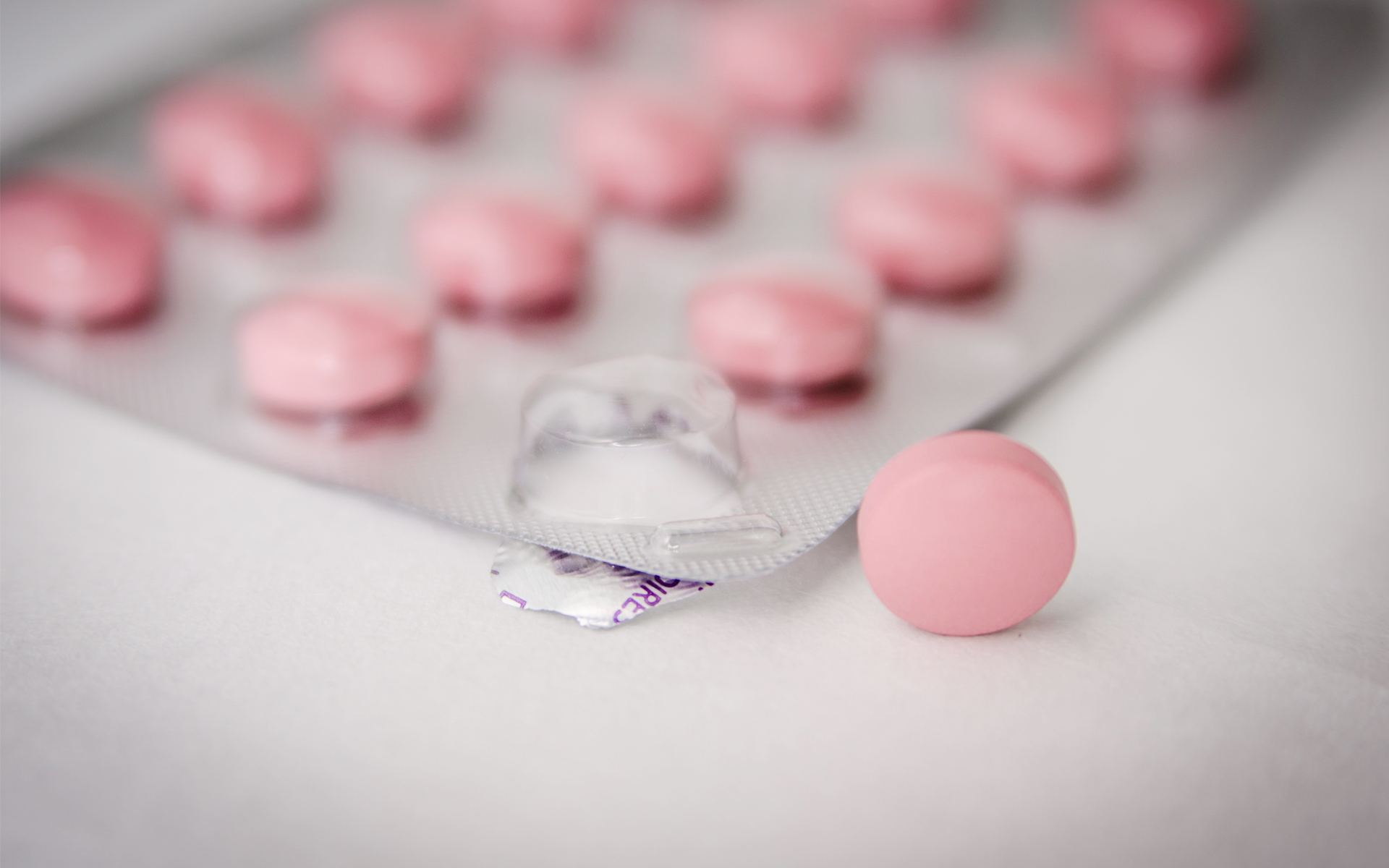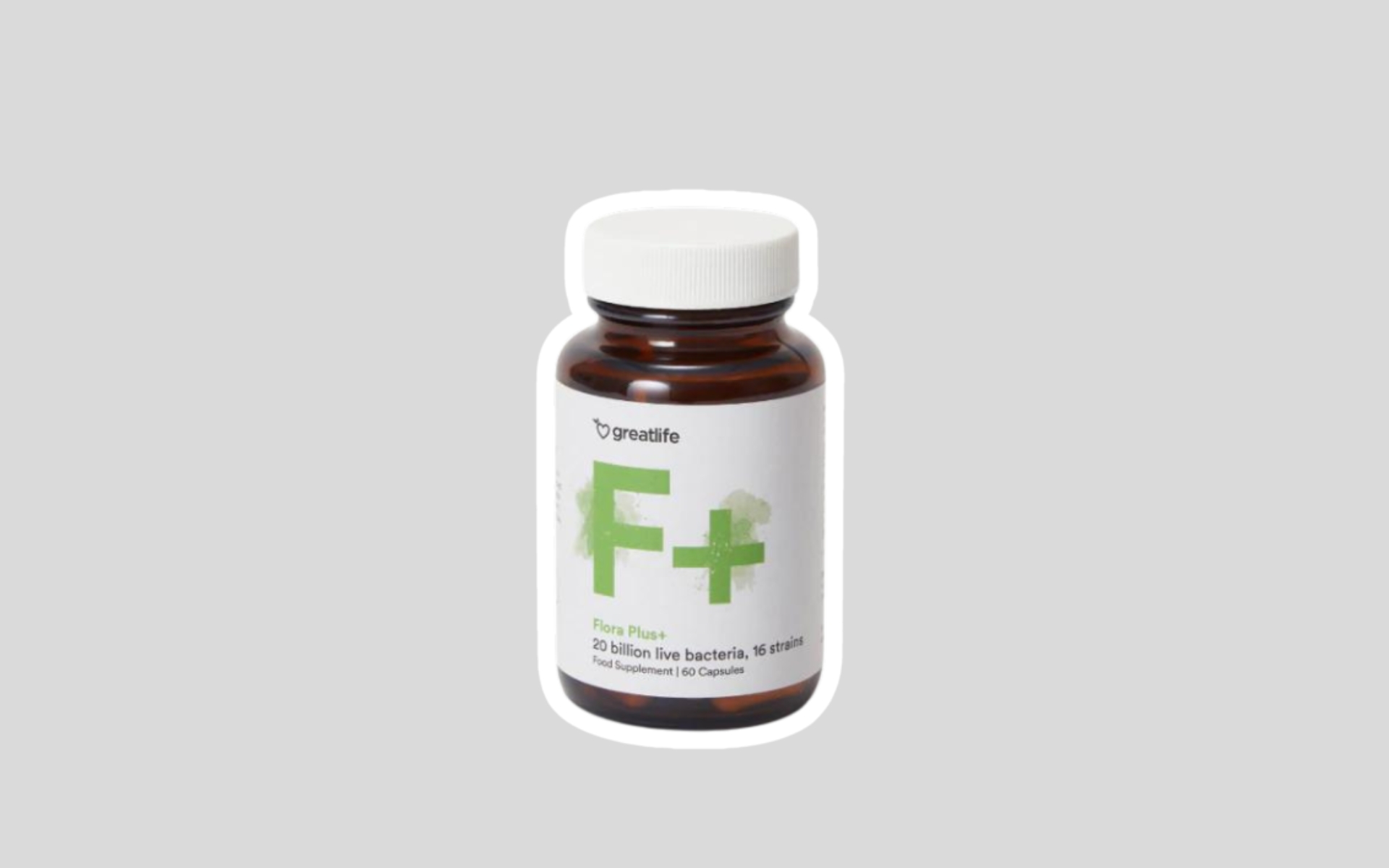-

Magnesium – An Essential Supplement for Acne
Magnesium is an essential mineral crucial for many bodily functions, including skin health. Research shows that magnesium possesses anti-inflammatory and indirectly antioxidant properties, which can be relevant for acne treatment. Several clinical studies have examined the effects of magnesium on acne. Research indicates that magnesium supplements reduce acne in teenagers. One study showed a significant…
-

Acne linked to depression and mental health issues
A large-scale study using data from 1986 to 2012 found that individuals with acne have a 63% higher risk of developing depression. Dr. Isabelle Vallerand, one of the leading researchers behind the study published in the British Journal of Dermatology, stated that this study highlights an important connection between skin conditions and mental illness, with…
-

Avoid Accutane and Roaccutane – It can lead to eye infections
Research shows that common acne medications Accutane and Roaccutane can double the risk of eye infections. A study involving nearly 15,000 teenagers found that the incidence of eye inflammation was twice as high among those taking Accutane or Roaccutane. A common side effect of these medications is very dry skin, and researchers believe it is…
-

Vitamin D significantly reduces acne symptoms
A study published in PLoS One found that low vitamin D levels are associated with both the onset and severity of acne. The study suggests that vitamin D can improve inflammatory acne in as little as eight weeks. Acne vulgaris, commonly known as acne, is a chronic inflammatory skin condition where sebaceous glands, which lubricate…
-

Warning about antibiotics for acne – antibiotic resistance!
Research shows that using antibiotics to treat severe acne can lead to antibiotic resistance against the bacterium responsible for acne, Propionibacterium acnes. Propionibacterium acnes is a natural part of the skin’s flora but is also involved in severe and inflamed acne. Antibiotics like tetracycline and erythromycin have been used for over 20 years to treat…
-

Stress and acne are strongly correlated
Research indicates a strong correlation between stress and acne. Scientists examined 144 female medical students, using the Global Acne Grading System (GAGS) to assess acne severity in relation to the Perceived Stress Scale (PSS). The findings reveal a significant correlation between stress levels and acne. In other words, managing stress should be considered a crucial…
-

Research links diet and acne
Research indicates that acne vulgaris, an epidemic inflammatory skin disease typically occurring during adolescence, is closely associated with Western diet. Three major food categories that exacerbate acne include: Deviation in sebum quantity (hyperseborrhea) and composition (dysseborrhea) promotes the overgrowth of the bacterium Propionibacterium acnes and biofilm formation, increasing the risk of acne. Diet plays a…
-

Zinc deficiency isn’t good for acne
Current research strongly indicates that zinc deficiency is detrimental for individuals suffering from acne. Zinc appears to possess both antibacterial and anti-inflammatory properties. It is an essential trace element vital for human health, involved in numerous cellular processes. Zinc is a component of hundreds of different enzymes that affect the metabolism of proteins, carbohydrates, and…
-

The link between gut flora and acne
It has been over 70 years since dermatologists John H. Stokes and Donald M. Pillsbury first proposed a gastrointestinal mechanism—connecting the digestive system to other organs—for conditions like depression, anxiety, and skin disorders such as acne. Stokes and Pillsbury hypothesized that emotional states could alter normal gut flora, increase intestinal permeability (also known as leaky…